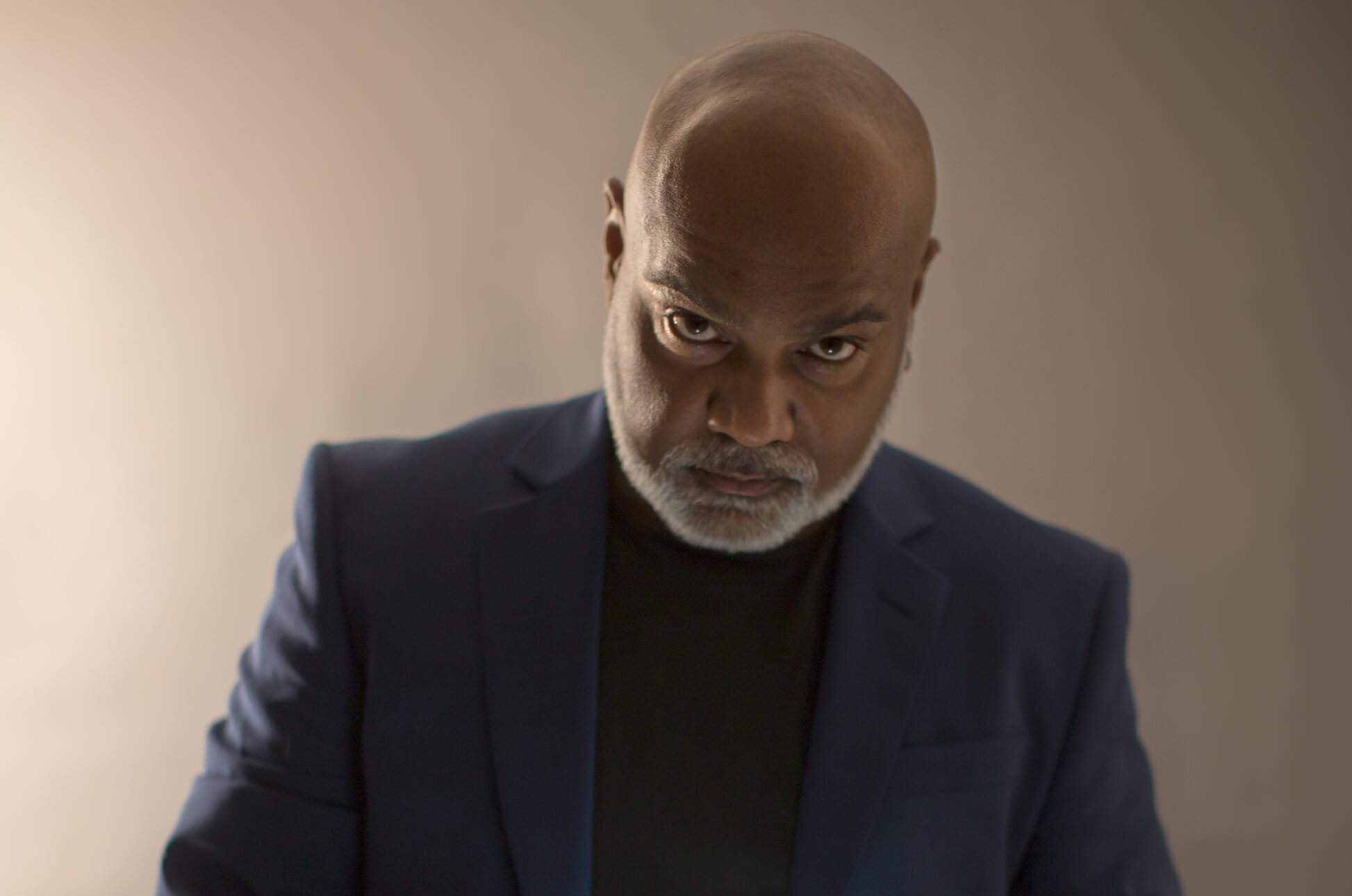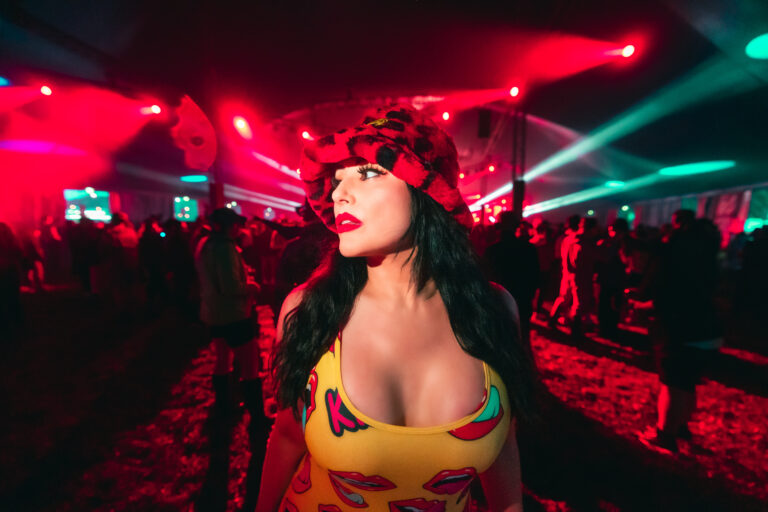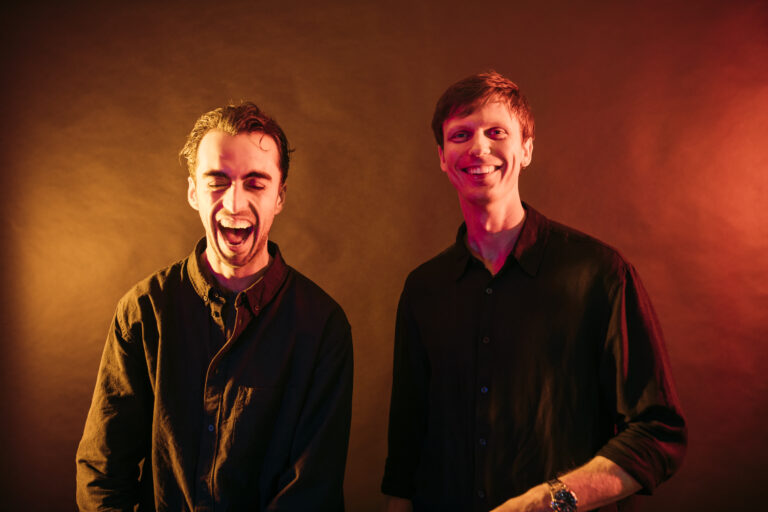With a remarkable 30-year career, Ray Keith is rightly celebrated as the godfather of jungle and drum & bass, earning legendary status within the scene. Known for an extensive list of pseudonyms, including Dark Soldier, Renegade, and London’s Most Wanted, he is the mastermind behind Dread Recordings and has played a vital role in shaping the genre during its transition from the acid house and hardcore explosion of the late ’80s and early ’90s.
Starting out as a rare groove, soul, and funk DJ in the mid-’80s, Ray Keith has become a staple name in the jungle and drum and bass scene, honouring the roots of Black British music. After remixing Orbital’s “Chime” in 1990, he produced the rave anthem “Terrorist,” released under his pseudonym Renegade on the iconic Moving Shadow label in 1994. This track has since become one of the most recognisable and influential jungle tunes of all time.
To celebrate 30 years of pioneering jungle and drum and bass, Ray Keith is hosting a Ray Keith Live show at Jazz Cafe in LDN on May 24. Fans can look forward to timeless tracks from his catalogue—both past and present—infused with influences from rare groove, acid house, reggae, and soul. This event is not just a tribute to his remarkable legacy, but a once-in-a-lifetime experience to witness these iconic tunes through a live musical performance—a night that can’t be missed!
We are joined by Ray Keith to share exclusive insights into The Renegade Live as he reflects on his decades-long career, delving into his musical upbringing and the evolution of his sound. Together, we’ll explore the significance of authenticity and integrity in an ever-changing music industry as he continues to rebel against its exploitation and commercialism.
Let’s start by saying that you’ve had an incredible 30-year career as a pioneer of the jungle scene. How do you feel that the scene has evolved since you first started?
I’m humbled to have such a loyal fan base and hope my tunes will still be playing in 30 years. However, having grown up surrounded by music, I now feel much of it is throwaway or expendable—what I call “karaoke jungle.” I worry about the future of the music. There’s a side to it that I don’t really like—the loss of soul, which I see as the destruction of the art form. Sometimes, it feels like just noise, and it pains me to witness the art of DJing diminishing. It’s heartbreaking, especially as someone who has helped shape this sound over the decades.
It shouldn’t matter your colour, gender, or race; being a great DJ is about skill and passion. Our scene is different from the commercial scene, we’ve dedicated our lives to this, often overcoming addiction and challenging backgrounds, and they need us because we bring the heritage. I’m a purist and firmly underground—I’m no sellout. When you come to my live shows, that’s what you’ll experience.
What about your musical upbringing?
Any producer will tell you that your heritage shapes your sound—Motown, The Jacksons, Diana Ross, and The Sensations are foundational influences of mine. I was a soul, rare groove, and jazz DJ, and I delved into hip-hop and house long before jungle came along. DJing has always been a huge part of my life; I’ve been on the decks since I was 12 and became a professional DJ at 18. It’s been an incredible journey, and I’ve dedicated my whole life to black music.
The other night in Manchester, I played a mashup of Bee Gee’s “Stayin’ Alive” because that’s what I was brought up on—those are the tunes we grew up with. At the end of the day, we’re DJs, and we aim to transfer our skills across different genres, whether it’s hip-hop or jazz; it’s all deeply rooted in us, like there are different ingredients that contribute to our sound.
Speaking of that, jungle and sound system culture is deeply intertwined with UK multiculturalism and the legacy of the Windrush generation.
How do you see this culture evolving today, and how can we preserve its roots and history?
Every DJ has a responsibility to honour the roots of the music they play. I pay homage to the original hip-hop and house scenes, as well as artists like Bobby Byrd, Lyn Collins, Luther Vandross, and Dexter Wansel. It’s crucial to understand where the music comes from; you can’t move forward without knowing your history.
If you’re diving into genres like jungle or drum & bass, dig deep into the records and appreciate their true spirit. It’s disheartening to see a lot of what’s played today not reflecting the original sounds. Radio One, in particular, should represent the true diversity of these genres instead of whitewashing them for commercial gain.
I understand there’s a commercial aspect to music, but if something is labelled as jungle or drum & bass, it should truly reflect those genres and stay true to their roots. I’m grateful to perform for audiences who appreciate the integrity of the sound and the culture. While maintaining that integrity might not always pay the bills, it’s what keeps the music alive. It’s about bringing people together—old and new, multicultural—and creating positive energy.
You’ve used several aliases throughout your career—London’s Most Wanted, Renegade, Terrorist, and Dark Soldier. What is the story behind adopting these different names, do they reflect different aspects of your musical journey?
Absolutely, they do. Growing up, I was definitely a bit of a rebel. I’ve always resisted conformity and dislike being told what to do, especially coming from a background of oppression. That’s shaped my journey, allowing me to carve out a life on my own terms. It can be tough, and yes, it might seem a bit selfish to want to make a living from it, but it’s not easy.
I wanted to explore different sounds without too many tracks coming out under the name Ray Keith. Putting music out under London’s Most Wanted or Dark Soldier felt like a natural progression and opened up more opportunities for me. At my core, I’m a soul man through and through.
If you listen to “Rare Groove” by Ray Keith, you might not expect it to sound like me, but personally, I consider it one of my best tracks because it’s infused with so much soul. It combines influences from George Benson, soul, rare groove, and jazz while still maintaining that energetic kick. There’s always this balance of light and dark in my music. I’ve managed to reflect both sides in a meaningful way because that’s what black music represents—life-changing experiences that resonate with so many people.
Could you take us back to the early days with Dread Recordings, City Sounds, and Blackmarket Records? How significant were record shops in pushing the jungle scene forward?
Record shops were our lifeline—they were our MySpace, our Facebook, but in a physical space. I worked at City Sounds for five years before moving to Blackmarket Records in 1990. We were all in it together, cutting plates and sharing music. We grew up as young men and women in our twenties, and let’s be real: what the fuck do you know in your 20s. But we had each other’s backs; we loved and looked after one another. We travelled the world together and we broke records together.
Fabio and Grooverider started Rage on Thursdays, and that was a space where we could express ourselves and our music. DJs like Randall and Bay B Kane were part of that scene. It was never about colour or gender; we were all pals—girls and boys together. DJ Rap, Dazee, Kemistry (RIP), Storm and many other amazing DJs that we would share dubplates with, drawing tunes or recording tracks together.
What about the raves back in the day?
When jungle first started, people were driving all over the country, playing to empty venues, but it was slowly building into a culture, a movement. Growing up in the 90s, it was a working-class scene, and girls weren’t getting hassled in the dances; it was all about love, raving, and looking out for each other. But then the drugs began to creep into the culture. Just look at drum & bass today with the rise of ketamine—it’s become awful.
We need a cultural change and some form of support. Awareness is crucial because these drugs are harmful. We must raise these issues: What will happen to the kids using these substances in the next 20 years? Many are already dying from overdoses, especially with fentanyl being mixed in. These conversations are vital. I can’t save the world, but if I can help open up the discussion and use my platform to highlight these concerns, I feel it’s my responsibility to bring this to light. It’s really important.
We need soul. So when we perform, I encourage people to put their phones down and really enjoy the moment. Experiencing music live is irreplaceable, and it’s vital to pass this message on to the younger generation.
I hear it.
Let’s talk about Renegade Live. What inspired your decision to incorporate live instruments into your performances, especially considering that the music originated from electronic production?
It’s about capturing the energy of the records. I want the audience to feel that same feeling on stage. With a drummer and a bass player, we blend analog and digital elements, creating a sound that drives the crowd wild. I also want to give a shoutout to my band: Donny on drums, Ben on bass, Mike on keys as our conductor, and Miss Clar, our resident singer. As a producer, I see myself as a conductor, translating my studio skills into a live performance while also playing the keytar to bring that 80s sound into the mix.
We created a lot of records back in the day, and those tracks have solidified our legacy. Labels like Metalheadz, V Recordings, and the early days of Hospital Records, along with producers like DJ SS and Bizzy B, shaped our sound. Each of us had a unique style, and we owe so much to legends like Fabio & Grooverider and LTJ Bukem. We’ve lost some incredible artists, including MC Conrad and Fats, and I feel blessed to have been part of that era. This is truly an ode to celebrating their legacy.
You have long-standing collaborations with legends like the Ragga Twins and MC Juiceman. Why is it important for you to preserve these connections?
We’re always open to welcoming new people to join us, but the crowd goes crazy for them. Juiceman is our guiding force who helps navigate the musical story. The Ragga Twins bring that special energy, and we have some exciting guests lined up that you won’t want to miss. It feels like mini concerts, almost like the Luther Vandross of jungle and drum & bass. We’ve had a lot of successful years, and our music holds a lot of people’s memories.
It hits me hard sometimes because we’ve lost so many along the way. I get emotional when I play, remembering all those we’ve lost. Every day we wake up grateful for a breath, for seeing our children, and for the people we love. I stay away from negativity; I’m spiritual and do yoga. For me, music is about trying to be a better version of myself.
These are testimonial years, but also a celebration of what we’ve accomplished musically. Playing live with my band, we sold out the Jazz Cafe and performed at Lost Horizon and Boomtown last year—it was fantastic, and the journey continues.
I’m also excited to share that I’ve mastered the CD, which will be available soon. Renegade Live at Jazz Café will be available for purchase at our pop-ups, record stores, and on our website as a limited edition. It’s all about celebrating the incredible legends in our scene and creating a vibrant atmosphere every time we perform.
After three decades in the scene, what would you say is your proudest achievement in music?
I’m incredibly grateful for the last 30 years. Music has kept me out of jail; without it, I would have just rebelled against the system. I can’t stand to see people suffer from discrimination or prejudice. Embracing love and creativity through true abundance is what it’s all about.
Every piece of my music carries a part of me, and while I sometimes struggle with the reactions, I’m just a normal guy who loves art and culture. I’ll go to any lengths to perform that art to the best of my ability. We give thanks and love, and we’re forever grateful to be surrounded by all the kings and queens of music. As long as we’re here—shout it from on hilltops and mountains—this music is global now, and we need to take care of it.
With all your experience, what’s the biggest piece of advice you’d give to upcoming DJs and producers?
Be yourself and live your dreams—don’t let anyone piss on your fire. Create music out of love, not ego, and always stay humble. Appreciate that one person in the audience; I’ve played for just three people before, but I still poured my heart into the performance. When you have a full room, give it your all. Practice, listen, go out, learn, and dedicate your life to it—not just with one toe in. Make sure you’re doing mixes, getting on the radio, securing residencies, and throwing parties. Put in the work. Sustain your passion while taking care of yourself; you don’t have to be broke to be a producer.
I work day and night, eat, repeat, sleep, and go again. It’s about balance. Avoid hanging out with enablers, keep your eyes on the prize and stay focused. Also, if you want to DJ, you need to earn your stripes and learn from the original OGs. DJing isn’t just an act; it’s a journey with a beginning, middle, and end.
I feel there is too much pressure on the younger generation. With fame comes challenges like money, alcohol, and drugs—these topics need to be addressed. I’m clean and focused, training five days a week, doing yoga, and maintaining my well-being in this challenging industry. Cultivating love is essential, and you must learn to navigate it with honesty, integrity, and your music. I believe I’ve done that for over 30 years. I’m proud of what we’ve achieved and the amazing parties we’ve hosted this year.


